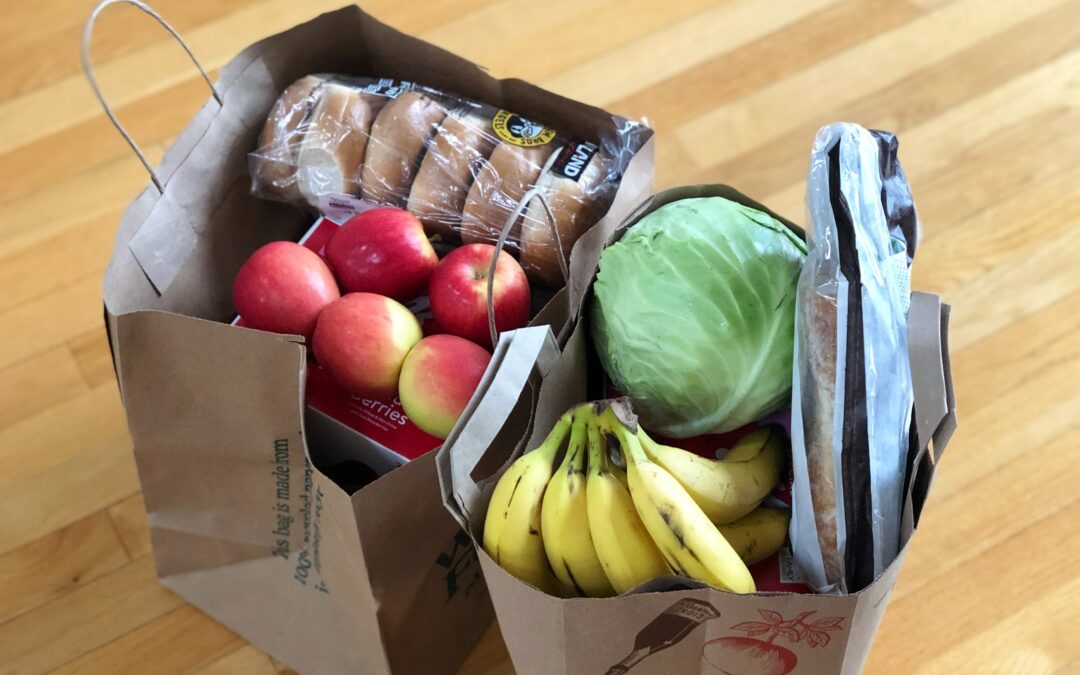A UK-based retailer has saved around 2.500 tons of food over the past two years. Retailer Iceland explains they have reduced their food waste by nearly a quarter since the beginning of 2018. By using proven methods for reducing food waste they managed to get to this great result. Instead of throwing out their unsold food they donated it to local communities. In addition a portion of the food was also used as animal feed whereas another portion was processed into biofuel.
Charities
Retailer Iceland has donated around 160 tons of leftover food to community initiatives. They also set up partnerships such as the one with The Bread and Butter Thing. In total their donations have amounted to 375.000 meals for people in deprived communities. Their store in Wales has even donated their unsold bread to a local brewery which was used to make a pale ale.
Richard Walker, Iceland’s marketing director, shares the following: “In 2016 we started to seriously look at opportunities around food waste reduction and redistribution. The step change came in 2018 when we brought together colleagues who were passionate about the issue from across the business. They shared their operational, audit, technical and communications expertise to work on a dedicated food waste project. These food waste champions have suggested and driven operational changes, and worked hand-in-hand with Wrap to report transparently for the first time.”
CO2-emissions
The Intergovernmental Panel on Climate Change states that between 25% to 30% of all produced food ends up being thrown out world wide. When taking this into account, wasted and lost food together account for up to a 10th of all greenhouse gas emissions. Even when looking just at the EU around 88 million tons of food is wasted on a yearly basis. Economically this leaves us with around €143 billion costs every year that are lost in this process.
When it comes down to food waste customers can play a huge role. By buying only what they can and will consume a big portion of food waste can be prevented. Experts say that stocking up frozen or canned foods can also contribute to the difference.
Source text: Sustainability Times
Source image: Unsplash

